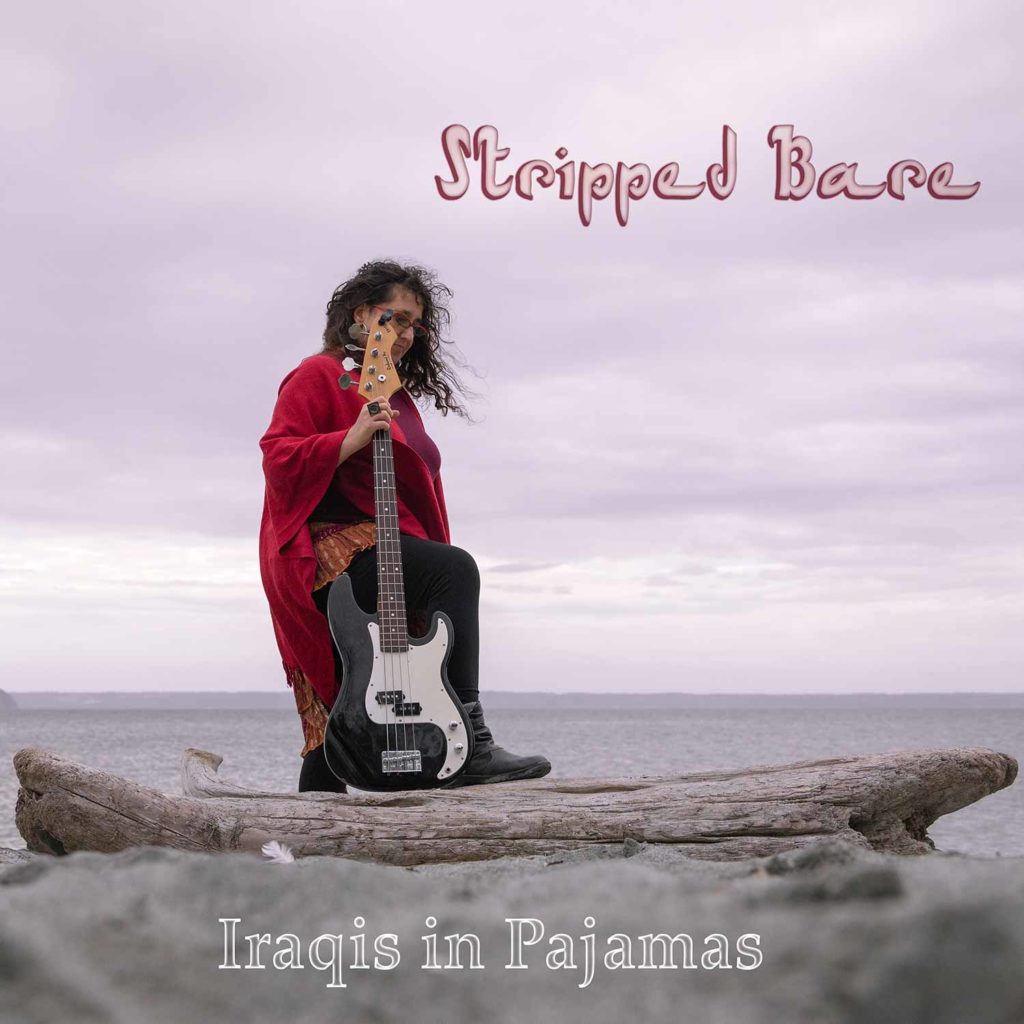This Elul, the Hebrew month leading up to the High Holidays, I tried, many times, to sing the selicḥot, or prayers for forgiveness. Every time, I failed — not because I didn’t know the words or melody, but because the lyrics resonated so deeply within me that before the song could get out, I would choke up and start crying.
So, what does it mean to repent? When I think about moments I regret, I think about what I would (or could) have done differently. I think about the trauma that radiated from those moments, and how I will react if I’m confronted with similar ones. Elul and the lead-up to Yom Kippur are the most pressing periods of time for Jewish self-reflection. I spend most of my year conceptualizing teshuvah as a threefold process: answer, return, response. The world asks me a question when I return to a situation that is similar to one I’ve encountered in the past. What is my answer to it, especially if it wrenches memories of past traumas to the surface? I never know until I’m in it, even if I try to train myself beforehand.
Loolwa Khazzoom, an Iraqi Jewish American musician, processed her feelings surrounding Elul through what I would describe as acoustic punk rock. Even though I couldn’t get through a prayer, Khazzoom could, and does, in her new EP, “Stripped Bare,” out today. Khazzoom draws on the personal, mystical, traumatic and broadly political for “Stripped Bare.” Like her earlier work with her band, Iraqis in Pajamas, there is a riot grrl flavor to each track. But unlike previous albums, there are few layered instruments: “Stripped Bare” features just Khazzoom on bass and vocals, no one else. Her voice sounds raw, emotional and often angry. She’s more than OK with that.

“There are a couple songs on [Stripped Bare] about family members, which are truly gut-wrenching for me, singing about trauma and the aftermath. One of those songs actually incorporates one of my favorite selichot. I use the High Holy Days as an opportunity to do a lot of journaling and private prayer, specifically around my family,” Khazzoom shared with me. “It has been a lifelong process of healing and forgiving and letting go. My songs on this album are about that — and also are part of that process because, for me, music is the ultimate portal of transformation.”
“Something beautiful about the period before Yom Kippur is that people are far more willing than usual to risk soul-searching, to risk being raw, vulnerable and open, and to risk expressing themselves from a deep place in the heart,” she told me. “I believe that state of willingness and openness and risk is the portal to profound healing and transformation. This album is, for me, one of the most gut-wrenching collections of songs that I have written.”
This is palpable in “Little Sister,” in which Khazzoom bellows:
You throw bombs at me
Then scream and cry about
The impact of the explosion
She then moves into an Iraqi rendition of the famous Rosh Hashanah piyyut (liturgical poem), “Ahot Qetannah.” I was struck by Khazzoom’s incorporation of historically Iraqi Jewish Hebrew pronunciation, with the back-of-the-throat quf, ayin and het, as well as by her use of waw and thaw. Even while listening to recordings of Jewish liturgical music by cantors, it’s hard to find ones who inflect their Hebrew in this way. It spoke to me as someone raised with Arabic and Hebrew as holy languages in my respective families, and reminds me of the plurality of authenticity that comes naturally to the diaspora.
Khazzoom also leans into the melisma that is traditional of Sephardi–Mizrahi liturgical traditions, and draws on a long history of Jewish women from West Asia fusing aspects of popular music with religious rites.
On my favorite track, “Batshit Crazy,” the bass-work is texturally reminiscent of a zigzag. It is the shortest track on the album. Khazzoom angrily repeats, “YOU. You drive me batshit crazy!” Later in the song, she shouts at whoever’s listening in tonally pleasing Iraqi Jewish Arabic. She also laughs incredulously on the track. It sounds kind of like if Speedwagon’s bass player were performing “Roundabout” while a woman had a brawl in Baghdadi Jewish Arabic — maybe even with God? Telling God, myself and the people I wished I could make up with that they all drive me batshit crazy while I shouted along to the song was about as close as I got to completing a prayer this year.
Like Elul, “Stripped Bare” focuses on process more than anything else. Says Khazzoom: “This album is stripped bare in that it is offering listeners an intimate entry into that part of my songwriting. It’s just bass and vocals — what all of the songs sound like when I first bring them to the band, before we add on guitar and drums. It’s also stripped bare in the way that we are all stripped bare during this holy day period — revealing our souls and speaking from our hearts.” Maybe teshuvah is a balancing act: admitting you’ll never be perfect, but really wanting to be better, and wanting that for the world, too. While the world rages on around us, raging with Khazzoom and Iraqis in Pajamas might just help us let go.
You can find more information on Khazzoom and her music at iraqisinpajamas.com, which also lists all of the platforms on which “Stripped Bare” can be streamed. You can also follow Khazzoom on Patreon.



